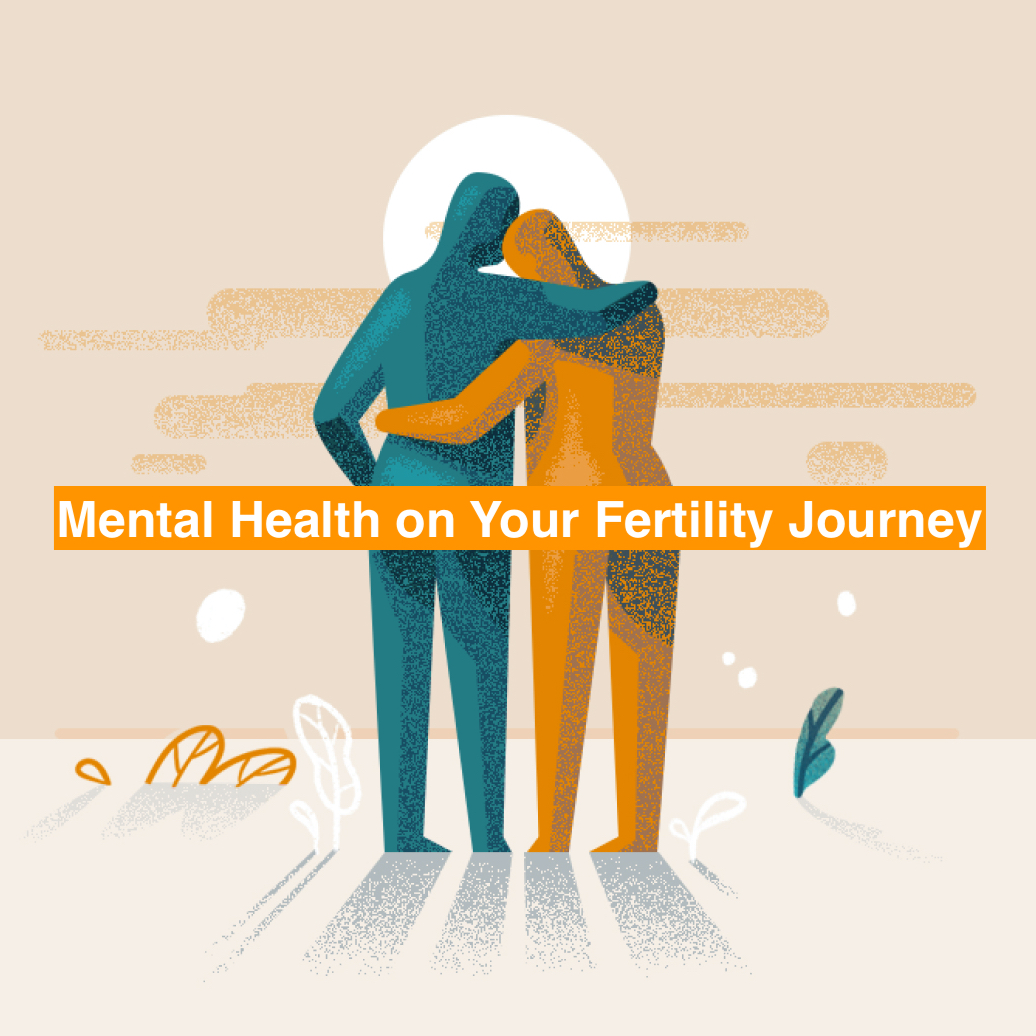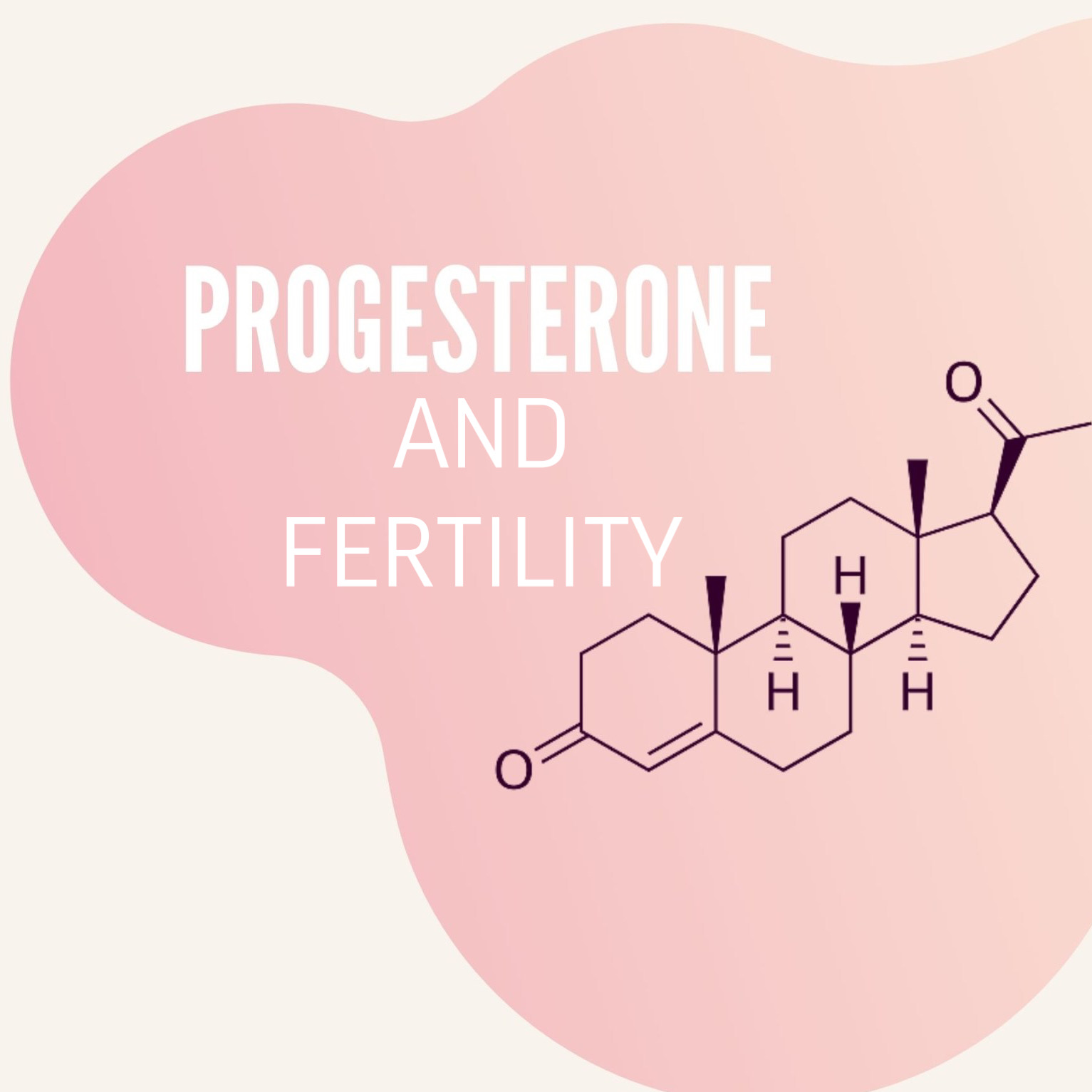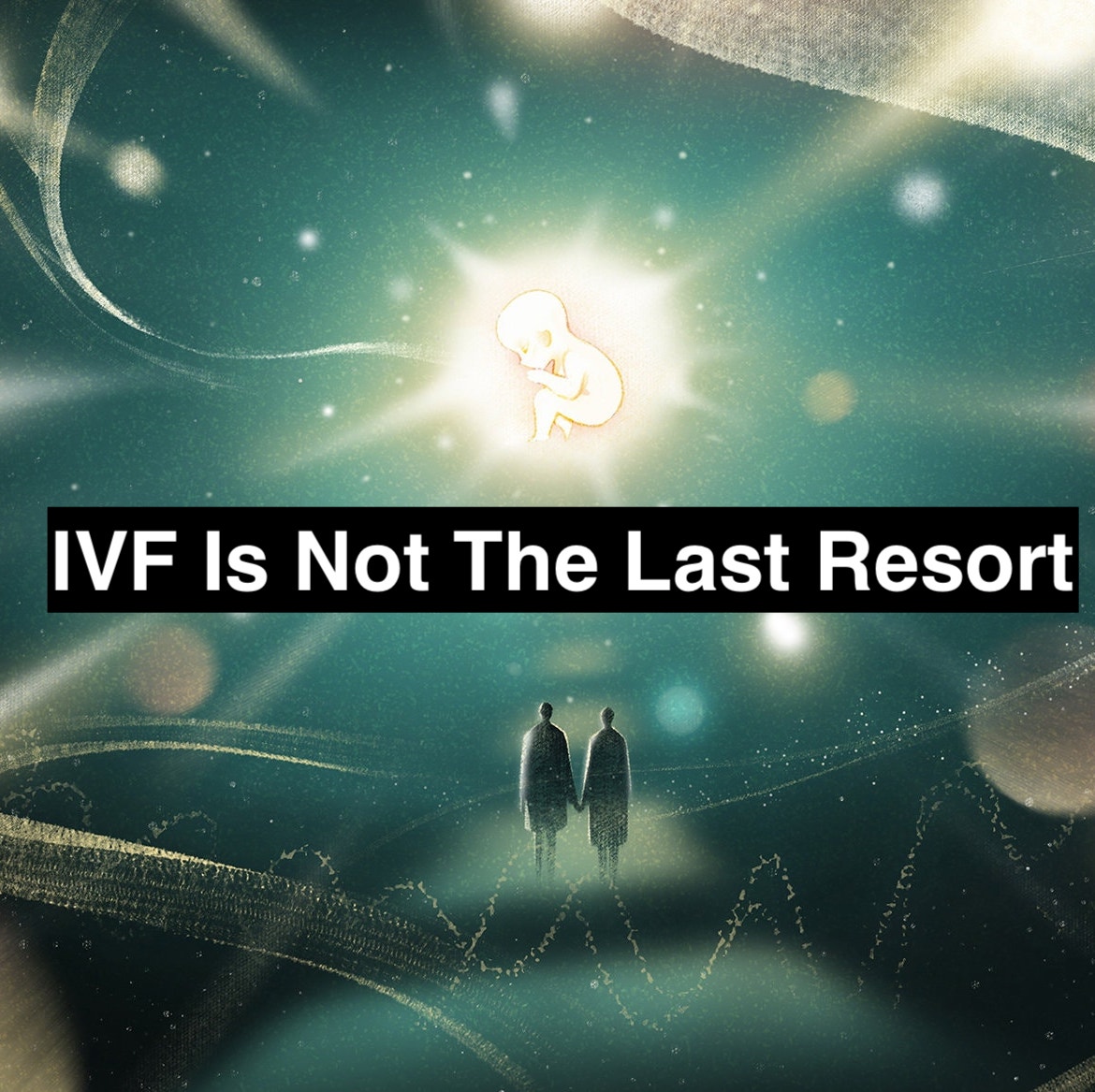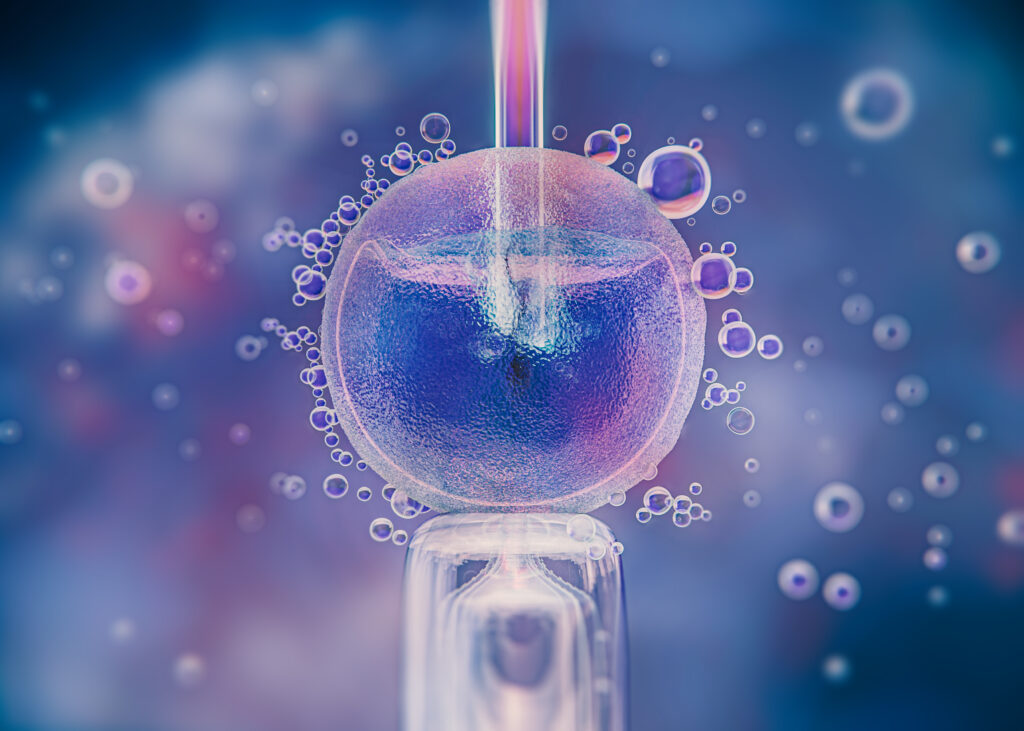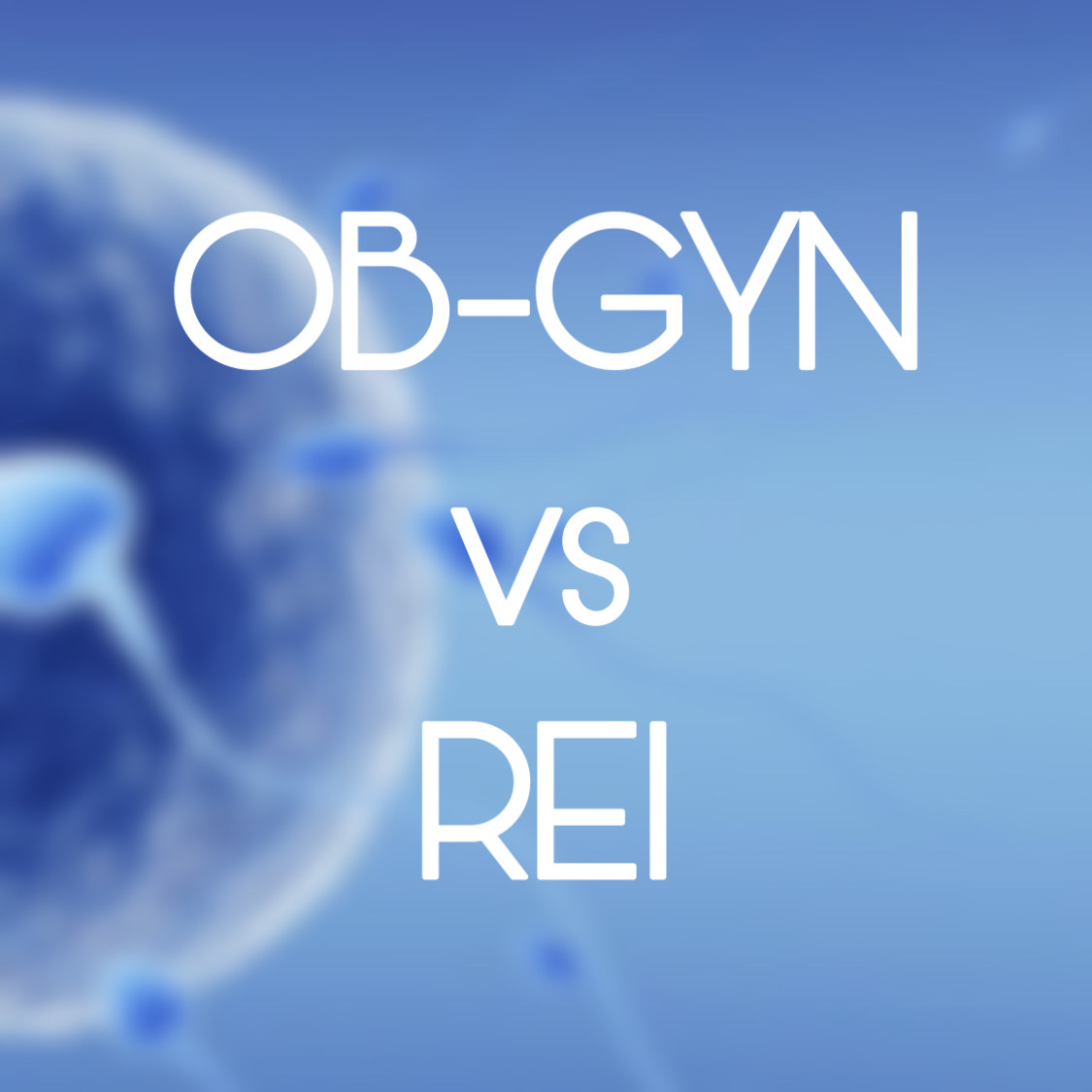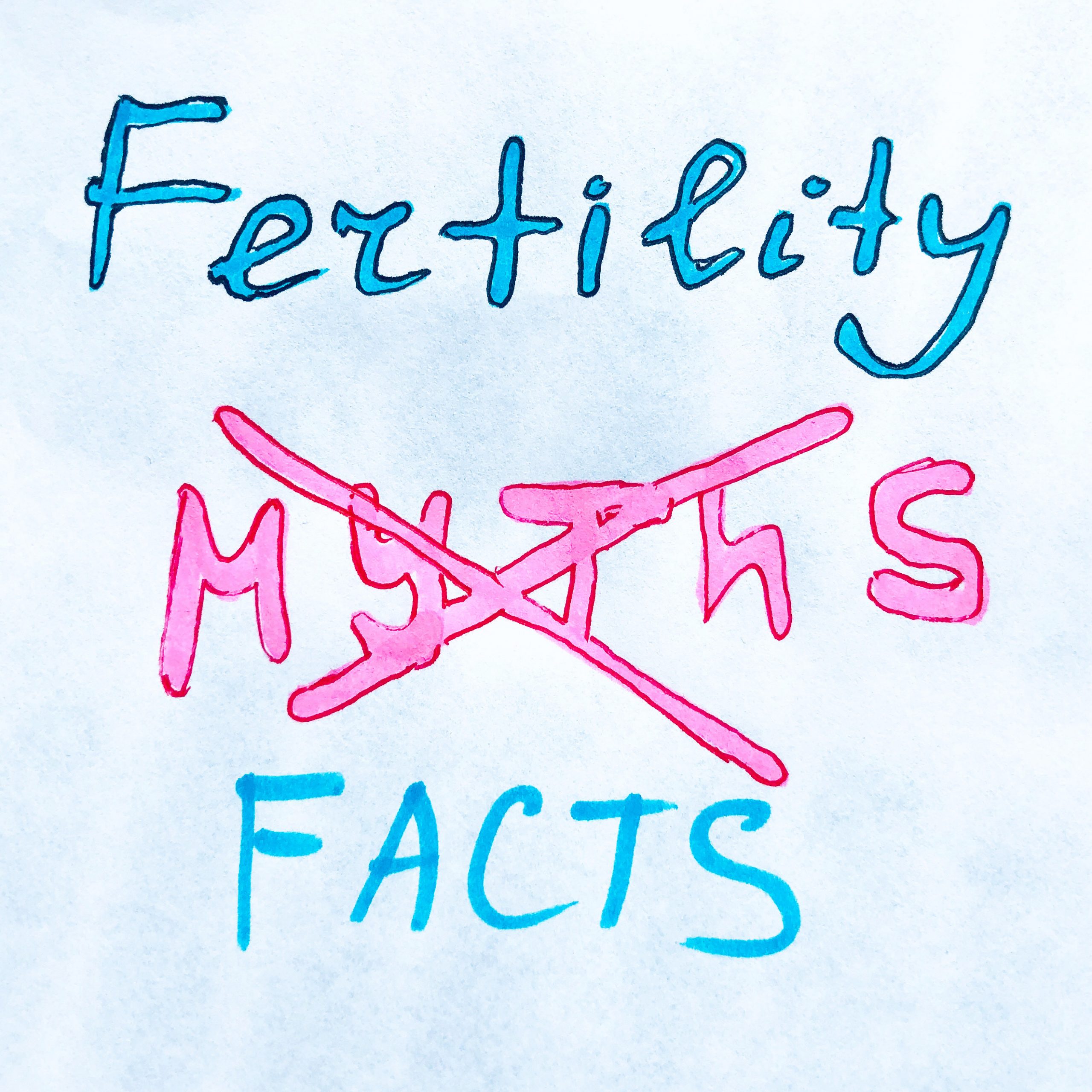Mental Health on Your Fertility Journey
Dealing with infertility can be an emotionally challenging journey. The desire to start a family and the inability to conceive can lead to feelings of sadness, frustration, and even hopelessness. It’s important to recognize that these emotions are normal and that taking care of your mental health is just as crucial as addressing the physical aspects of infertility. In this article, we will discuss the emotional impact of infertility and explore coping strategies, support networks, mindfulness techniques, when to seek therapy, and self-care practices to enhance your emotional well-being on your fertility journey.

Understanding the Emotional Impact of Infertility
Infertility can have a profound impact on your emotional well-being. The disappointment and grief that come with unsuccessful attempts to conceive can often lead to feelings of sadness, anger, and frustration. It’s important to give yourself permission to feel these emotions and to know that they are valid. Recognizing and acknowledging your emotions is an essential first step in taking care of your mental health.
Additionally, fertility treatments can be physically and emotionally demanding. The hormonal fluctuations, medical procedures, and regular monitoring can add to the stress and anxiety you may already be experiencing. It’s essential to be aware of these potential emotional challenges and to seek support when needed.
Moreover, the societal pressure and stigma surrounding infertility can exacerbate the emotional toll it takes on individuals and couples. The constant questioning from well-meaning friends and family, coupled with the pervasive cultural expectation of parenthood, can further intensify feelings of inadequacy and isolation. Finding a supportive community or therapist who understands the unique challenges of infertility can provide a safe space to process these complex emotions.
Furthermore, the financial strain of fertility treatments can add another layer of stress to an already emotionally charged situation. The high costs of procedures such as in vitro fertilization (IVF) or surrogacy can create additional anxiety and feelings of uncertainty about the future. It’s important to explore all available resources, such as insurance coverage or financial assistance programs, to alleviate some of the financial burdens associated with fertility treatments.
Coping Strategies for Stress and Anxiety
When facing the stress and anxiety that come with infertility, it can be helpful to develop coping strategies that work for you. One effective approach is to practice stress reduction techniques such as deep breathing, meditation, or yoga. These practices can help calm the mind and cultivate a sense of relaxation.
Engaging in regular physical exercise can also be beneficial for managing stress. Exercise releases endorphins, which are natural mood boosters. Find an activity you enjoy and make it a part of your routine.
It’s essential to communicate openly with your partner about your feelings and to support each other through the ups and downs of the fertility journey. Attending therapy sessions or support groups together can provide a safe space to express your emotions and navigate the challenges together.
Furthermore, incorporating mindfulness techniques into your daily routine can help you stay present and reduce anxiety. Mindfulness involves focusing on the present moment without judgment, which can be particularly helpful when dealing with the uncertainties of infertility.
Exploring creative outlets such as art, music, or writing can also serve as a form of self-expression and stress relief. Engaging in activities that allow you to express your emotions can be cathartic and empowering during difficult times.
Remember to prioritize self-care and make time for activities that bring you joy and relaxation. Whether it’s taking a warm bath, going for a nature walk, or simply enjoying a cup of tea, finding moments of peace and tranquility can help replenish your emotional reserves.
The Role of Support Networks in Fertility
Building a strong support network is essential when dealing with infertility. Surrounding yourself with understanding and empathetic individuals can make a significant difference in your emotional well-being. Seek out friends, family members, or support groups who have gone through similar experiences.
Online communities and forums can also be a valuable source of support. Connecting with others who are on a similar journey can provide comfort, validation, and practical advice. Remember, you are not alone in this experience.
Furthermore, support networks can play a crucial role in providing not just emotional support, but also practical assistance. For example, friends or family members may offer to help with household chores, provide transportation to medical appointments, or simply lend a listening ear when needed. These small acts of kindness can make a big difference in alleviating some of the stress and burden associated with fertility treatments.
In addition to seeking support from those close to you, consider exploring professional support services such as counseling or therapy. A trained therapist can help you navigate the complex emotions that often accompany infertility, offering coping strategies and a safe space to express your feelings. Remember, it’s important to prioritize your mental health and well-being throughout this journey.
Mindfulness Techniques to Enhance Your Journey
Mindfulness is a practice that involves being fully present in the moment, observing your thoughts and feelings without judgment. It can be a powerful tool for managing stress and cultivating a sense of calm on your fertility journey.
Engaging in mindfulness exercises such as meditation or guided imagery can help you develop a greater sense of self-awareness and reduce anxiety. Taking a few minutes each day to focus on your breath or visualize a peaceful scene can help ground you in the present moment and alleviate stress.
Furthermore, incorporating mindfulness into your daily routine can also improve your overall well-being. Studies have shown that regular mindfulness practice can enhance emotional regulation, boost self-compassion, and even strengthen immune function. By honing your ability to stay present and nonjudgmental, you may find yourself better equipped to navigate the ups and downs of the fertility journey with resilience and grace.
Another beneficial aspect of mindfulness is its ability to foster a deeper connection with your body. By tuning into physical sensations and being attuned to the signals your body is sending, you can develop a greater understanding of your own needs and boundaries. This heightened awareness can not only support your emotional well-being but also aid in making informed decisions regarding your fertility treatment options.
Professional Help: When to Seek Therapy
While coping strategies and support networks are beneficial, there may come a time when seeking professional help becomes necessary. If you find that your feelings of sadness, anxiety, or hopelessness persist or intensify, it may be helpful to consult a therapist who specializes in infertility-related issues.
A therapist can provide a safe and non-judgmental space for you to explore your emotions and develop coping strategies. They can also offer guidance on how to navigate the complex emotions that accompany fertility treatments and help you develop resilience and a sense of hope.
Furthermore, therapy can assist in identifying and addressing any underlying issues that may be contributing to your emotional distress. By delving into past experiences, beliefs, and patterns of behavior, a therapist can help you gain insight into the root causes of your struggles and work towards healing and growth.
Therapists often utilize various techniques such as cognitive-behavioral therapy, mindfulness practices, and somatic experiencing to help individuals process their emotions and build psychological resilience. Through these evidence-based approaches, you can learn to manage stress more effectively, cultivate self-compassion, and enhance your overall well-being.
The Connection Between Mental and Physical Health
It’s important to recognize that mental and physical health are interconnected. Taking care of your emotional well-being can positively impact your physical health and enhance your fertility journey. Stress, anxiety, and depression can affect hormone levels and reproductive function, making it more challenging to conceive.
By prioritizing self-care and addressing your mental health, you can create a positive environment for fertility. Engage in activities that bring you joy and relaxation, practice good sleep hygiene, and nourish your body with a balanced diet.
Furthermore, studies have shown that the mind-body connection plays a crucial role in overall health. When you are stressed or anxious, your body releases cortisol, also known as the stress hormone. High levels of cortisol can lead to inflammation in the body, which can negatively impact fertility. Therefore, finding ways to manage stress, such as through mindfulness meditation or yoga, can not only benefit your mental health but also improve your chances of conceiving.
In addition to lifestyle changes, seeking support from a mental health professional can be beneficial for individuals struggling with emotional challenges during their fertility journey. Therapy can provide a safe space to explore and address underlying issues that may be contributing to stress or anxiety. It can also equip individuals with coping strategies to better manage their emotions and improve their overall well-being.
Self-Care Practices for Emotional Well-Being
Self-care is an essential aspect of maintaining emotional well-being on your fertility journey. Take time to engage in activities that promote relaxation and self-nurturing. This can include things like reading a book, taking a bath, practicing a hobby, or spending time in nature.
Setting boundaries and knowing when to take breaks is also crucial. Allow yourself space to grieve, to process emotions, and to take a step back from the constant focus on fertility. Taking care of your mental health in this way can provide a sense of balance and renewed energy for the journey ahead.
It’s important to remember that self-care looks different for everyone. Some may find solace in journaling their thoughts and feelings, while others may prefer engaging in physical activities like yoga or going for a walk. Experiment with various self-care practices to discover what resonates best with you and brings you the most comfort.
Additionally, incorporating mindfulness techniques into your daily routine can help you stay present and manage stress more effectively. Mindfulness practices such as deep breathing exercises, meditation, or body scans can assist in grounding you during moments of anxiety or uncertainty. By cultivating a sense of mindfulness, you can enhance your emotional resilience and navigate the challenges of your fertility journey with greater ease.
